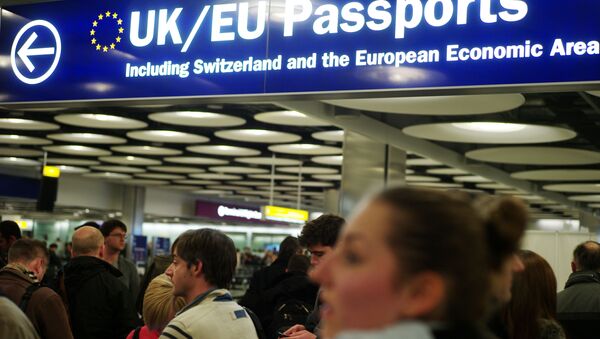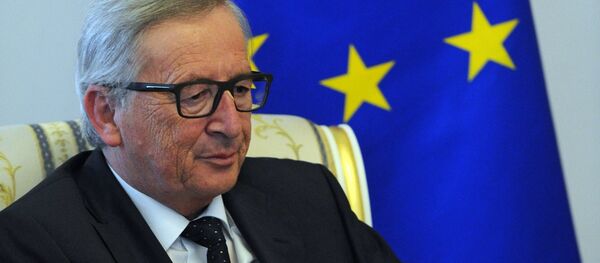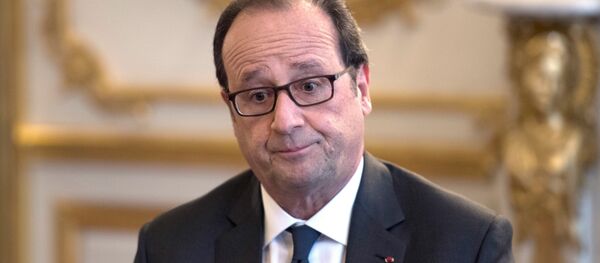The move follows Washington’s failure to grant visa waivers to citizens from five EU member states – Bulgaria, Croatia, Cyprus, Poland and Romania.
EU pressure on Washington
The resolution is the latest attempt by the EU to ensure visa reciprocity between the US and Europe, Reuters wrote.
Australia, Brunei and Japan have since granted visa waivers to citizens of all EU member states, but Canada and the US are taking their time to follow suit.
Canada has promised to lift visa requirements on Bulgarian and Romanian citizens in December.
Implementation of such a restriction on US travelers to Europe could have a very negative economic impact on Europe's tourism industry as millions of Americans visit the continent each year.
To avoid placing restrictions on Americans, the European Commission has already contacted Donald Trump’s administration “to push for full visa reciprocity.” The issue could be resolved at the next EU-US ministerial meeting scheduled for June 15.
Divide and rule
The MEPs’ call to force Americans to apply for visas before visiting Europe this summer is seen by many as an attempt by a united Europe to ramp up pressure on Washington to resolve a long-running transatlantic dispute on the issue.
However, it looks like President Donald Trump refuses to see the EU as a single whole preferring instead to differentiate between its individual members.
This is consistent with his stated desire to reconsider America’s participation in all multilateral agreements, to slash foreign policy outlays and the import of foreign made goods, and to prioritize domestic production.
Rewriting the prenup
Maxim Suchkov, editor of the Washington-based media site Al-Monitor and a Valdai discussion club expert, believes that Donald Trump wants to modernize America’s relations with Europe rather than destroy the EU.
“Donald Trump wants to reconsider the terms of America’s prenuptial agreement with Europe. This is fully consistent with his desire for the US to stop being a global donor and for its partners to shoulder their share of the financial burden for their collective defense,” Suchkov said.
“The Europeans have a choice either to toe Trump’s line or unite and choose a new informal leader, like Germany,” he added.
Andrei Kortuniov, Director General of the Russian International Affairs Council, said that Donald Trump, just like Russian President Vladimir Putin, gives preference to a bilateral format of interstate relations.
“The problem, however, is that this tactic could impact international organizations like, for example, the UN. Undermining the efficiency of the United Nations, just like the US exit from the Trans-Pacific Partnership Agreement, is fraught with dangerous consequences,” Kortunov warned.
“In his address to Congress Trump reiterated his adherence to the concept of America’s global leadership. However, a leader who puts his country’s interests before everyone else’s stops being a leader, prompting other nations to step forward to fill the void,” Kortunov added.
Never miss a story again — sign up to our Telegram channel and we'll keep you up to speed!





